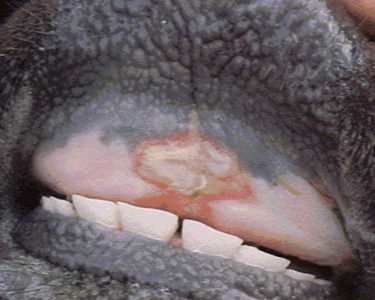A wake-up call for Europe
The Food and Agriculture Organization of the United Nations (FAO) has issued a strong warning over the “worst outbreak of foot-and-mouth disease (FMD) in Europe since the beginning of the century.” In a statement shared by Spain’s EFE agency, the FAO called for urgent action to curb the disease and limit its impact.
Highly contagious but not a human threat
While FMD does not affect humans, it remains highly contagious among livestock, posing significant risks to animal health and trade. According to the FAO, early detection, strengthened biosecurity measures, and vaccination campaigns are critical in stopping the spread.
How the outbreak is unfolding
The outbreak began in Germany in January 2025, where it was initially contained. However, by February, new cases appeared in Hungary and later in Slovakia, prompting FAO officials to express deep concern.
“This is the most severe FMD outbreak since 2001,” the FAO warned.
A dangerous new serotype emerges
Adding to the concern is the emergence of the SAT1 serotype of FMD in Iraq and Bahrain—a strain that is exotic to the Middle East and Western Eurasia and typically originates in Africa.
“The presence of this serotype in new regions raises alarms over its potential spread,” FAO stated.
Implications for Latin America
Although the European cases involve serotype O—a strain covered by Argentina’s current vaccines—the appearance of SAT1 elsewhere changes the risk landscape. SAT1 is not included in local immunization protocols, making proactive monitoring essential.
FAO’s recommended response
The FAO urges countries that are affected or at risk to:
-
Raise awareness among farmers and local communities
-
Report cases quickly to avoid further spread
-
Develop contingency plans
-
Implement strategic vaccination using effective strains
“Vaccination remains one of the most effective control tools,” the agency concluded.
Final thoughts
With FMD threatening livestock and economies across multiple regions, early intervention and coordinated global response are essential. The FAO’s alert serves as a reminder of the fragility of animal health systems and the importance of international cooperation in disease prevention.
Source: Bichos de Campo
